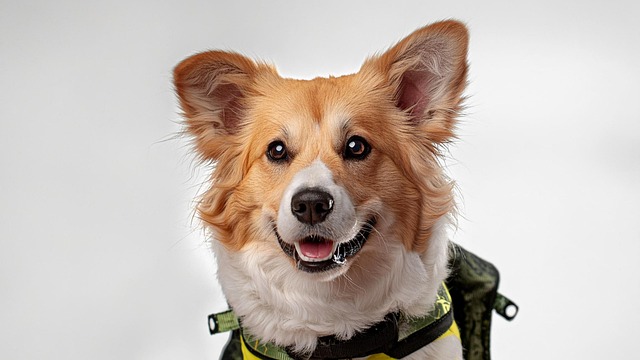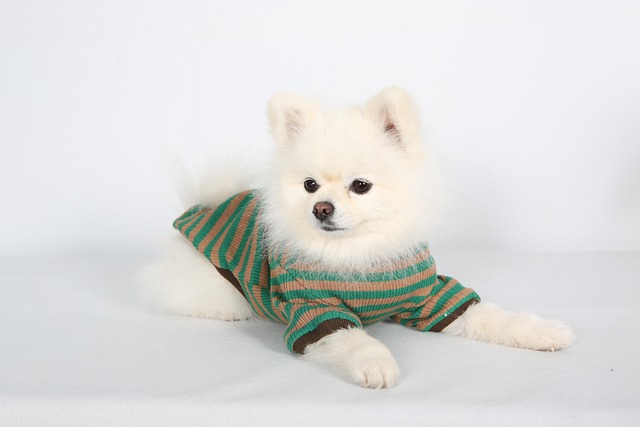
What vitamin is good for dogs' skin
Seeing your dog constantly scratch or noticing dry, flaky skin can make you wonder if a simple vitamin might be the solution.
Picture those three-week-old bundles of fluff wobbling around the whelping box, their tiny noses exploring everything. You might be watching them, a bag of puppy kibble in hand, wondering, "Can these little guys handle hard food yet?" It's a crucial question, hitting right at a major puppy feeding milestone. Honestly, their world at this stage is still mostly about mom's milk or a suitable formula, providing everything those rapidly growing bodies need. Their digestive systems? Still incredibly immature, designed for easily digestible liquid nutrition. While their baby teeth are just starting to peek through, those miniature chompers aren't exactly built for crunching kibble.
So, when *can* puppies eat solid food? Veterinary guidelines are pretty consistent here. Around three to four weeks is often when the exploration begins, but it's less about flipping a switch and more about observing subtle signs of puppy developmental readiness for solid food. You won't typically see a three-week-old pup genuinely consuming and digesting dry kibble effectively. Key signs come later: maybe they start showing real interest in mom's food, attempting to nibble (even if clumsily), or those little teeth become more prominent. That's when the idea of introducing hard food to three week old puppies starts becoming relevant, but it's a process, not an event. Their tiny tummies simply aren't built for hard nuggets this early.
Pushing hard food too soon carries real risks. I've seen well-meaning owners cause unnecessary discomfort. Premature introduction can overwhelm their delicate digestive tract, leading to upset stomachs, diarrhea, or even vomiting – things that are serious for such small pups. They might choke on pieces that are too large or too hard for them to manage safely. Perhaps worst of all, if they aren't getting enough calories because they can't eat the hard food properly, their growth can be impacted. Seeing a puppy pushing food around with its nose or turning away isn't pickiness; it's often a sign they just aren't ready. Sticking to that milk-only menu for now isn't laziness; it's essential care.
Transitioning needs patience and the right approach. Start around week three or four by introducing a gruel. Mix a high-quality puppy milk replacer with warm water and blend in a *very* small amount of high-quality puppy kibble formulated specifically for their life stage – think mushy, soup-like consistency. Use a shallow dish; those little faces aren't ready for bowls yet. Let them explore with paws and noses; it's messy but crucial. Don't expect them to eat much initially. Over the next week or two, gradually reduce the liquid, making the mixture thicker as they get the hang of lapping and their ability to handle more texture improves. Closely monitor their stools – any sign of runny poop or tummy aches means slow down. This gradual introduction of solid food is about acclimatization, not forcing intake.
Patience is key. Rushing three week old puppies eating hard food is a gamble with their health. Focus on that nutritious gruel transition first, letting them set the pace based on their individual development. Watching them master eating is incredibly rewarding, but doing it right matters most. Remember, every wiggly nose is unique. While general guidelines are helpful, your veterinarian knows your pup's specific story and potential needs best. Consulting them before making any significant dietary changes is always the wisest move. They can provide personalized advice tailored to your litter's health and progress, ensuring those first bites of "real" food are safe and successful steps toward healthy growth.

Seeing your dog constantly scratch or noticing dry, flaky skin can make you wonder if a simple vitamin might be the solution.

If you’re a new dog parent in the US—maybe you’re sitting on your Portland apartment couch, staring at your 1-year-old Australian Shepherd

If you’re a new dog parent in the US—maybe you’re sitting on your Atlanta apartment floor, holding your 6-week-old Beagle puppy, Daisy, who’s curled up in your lap

If you’re a new dog parent in the US—maybe you’re standing in your Denver apartment’s kitchen, staring at a bag of high-quality puppy kibble and a bottle

Seeing your puppy grow daily is amazing, and it’s natural to want to give them every advantage, including supplements.

Brown stains on white dog fur aren’t just unsightly—they can also hint at underlying issues like tear duct irritation or poor grooming habits, which matter even more when you’re following local pet care laws.